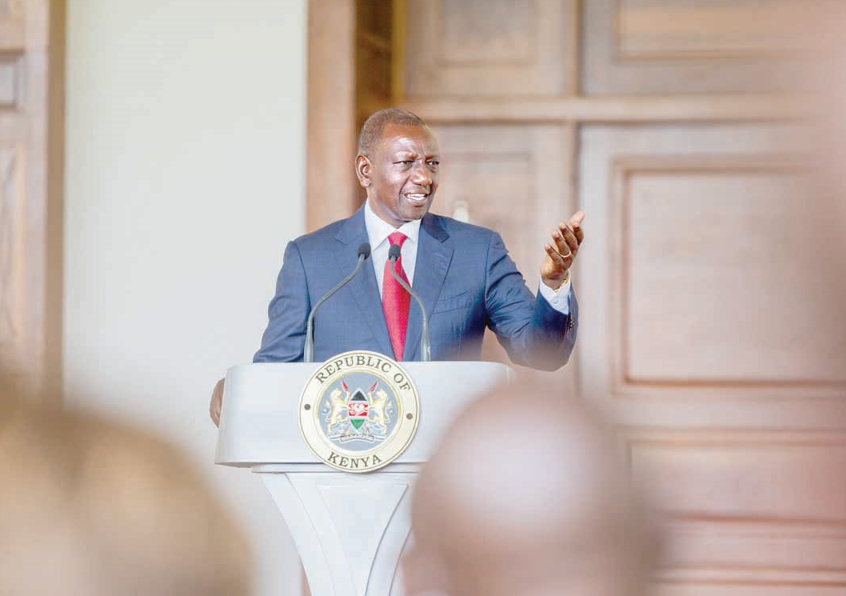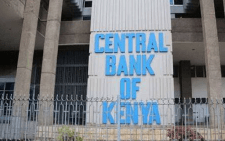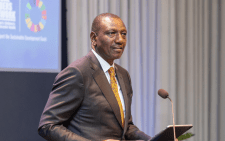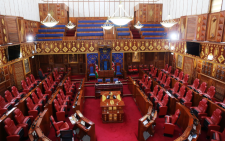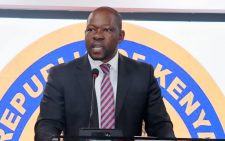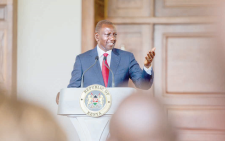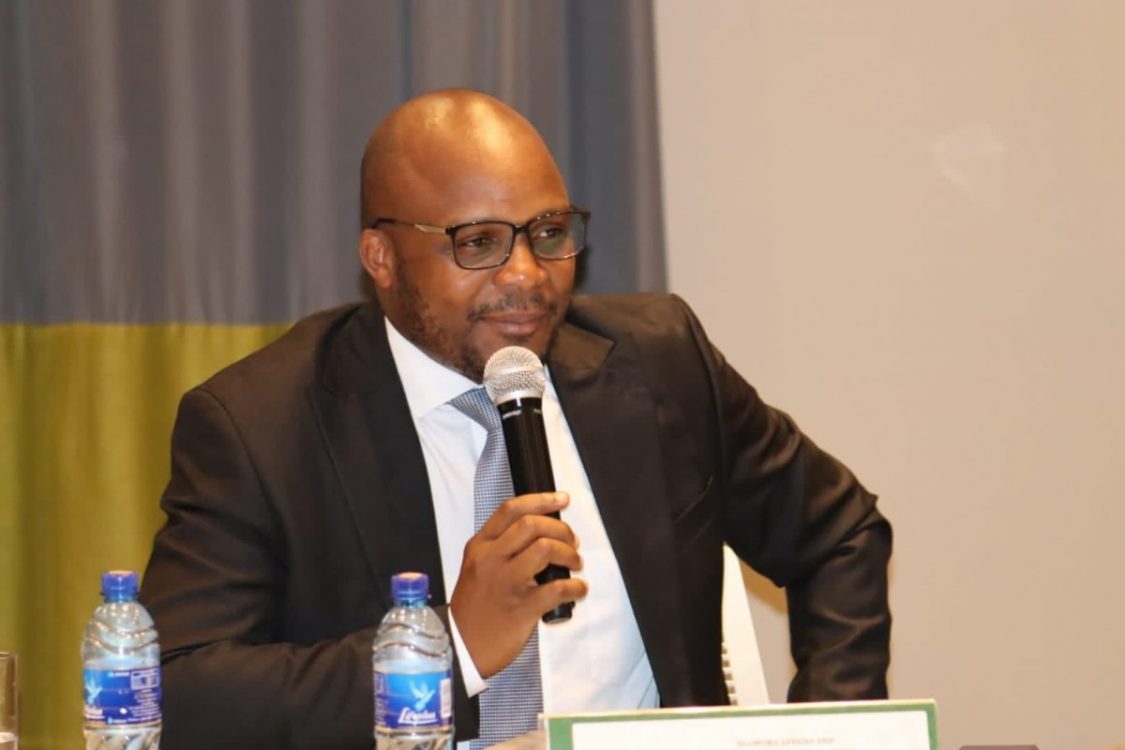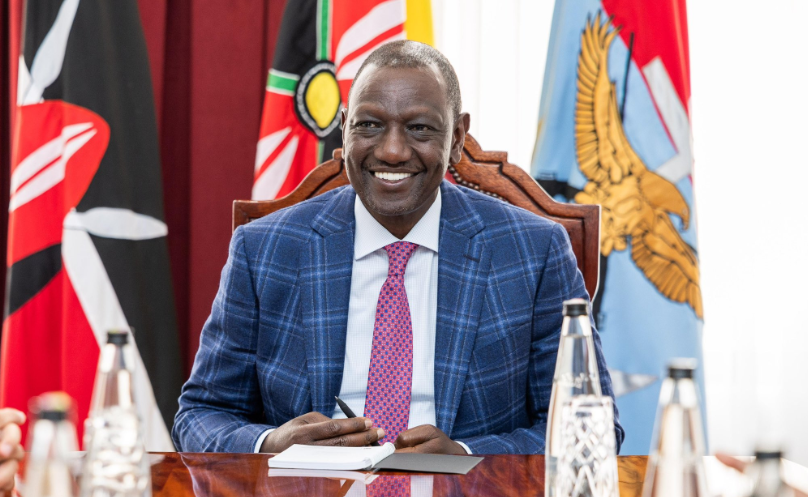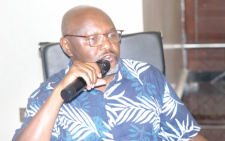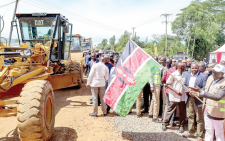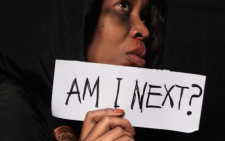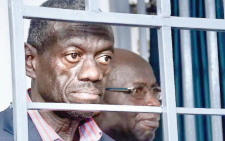President William Ruto has challenged universities to devise innovative ways of raising funds for training, research and development.
The president urged university leadership to think “outside the box” and build partnerships with the private sector to unlock opportunities in the education sector.
Additionally, he said universities must also consider monetising their assets, including research.
“Through Public-Private Partnerships, we can unlock the tremendous potential that exists in the assets we have in our universities,” he said.
The Head of State made the remarks during the launch of the University of Nairobi’s Silicon Savannah Innovation Park at State House, Nairobi.
The innovation park is a €35 million (Sh4.7 billion) investment by the Government of France.
“I take this opportunity to appreciate the generous support of our partners, especially the Government of France, whose investment has made this historic moment possible,” Ruto said.
The president pointed out that the innovation park positions Kenya as a global hub for technology and innovation, adding that Kenya is keen to actively participate in the Fifth Industrial Revolution.
Emerging industries
“The Silicon Savannah Innovation Park is more than an infrastructure project; it is an investment in our people, our future, and our global standing,” he added.
The president noted that the transformative initiative aligns with the government’s digital jobs agenda, aiming to combat unemployment and drive inclusive economic growth by equipping youth with the skills and tools to thrive in emerging industries.
“The park also serves as a model for transforming our natural and human potential into tangible prosperity, channelling youthful energy into enterprise and turning dreams into lived experiences,” he said.
Ruto emphasised that the park’s focus on critical fields such as green technologies, Artificial Intelligence (A.I) and climate resilience underscores Kenya’s commitment to contributing boldly towards global efforts addressing the most urgent challenges of our time.
The president made an appeal for the youth to seize the opportunities offered by the innovation park to shape the future of Kenya’s digital economy.
He was keen to make an emphasis that the State is shaping the future, one that is intended to work for the youth and deliver opportunities for the younger generation to learn, work, create and innovate a path for the country’s future.
He also highlighted the government’s intentional approach to job-creation, citing the establishment of ICT hubs in every ward, the Affordable Housing Programme and the export of labour.
“We have made a conscious decision to create infrastructure to support ICT hubs and ensure youth participation in digital jobs,” he explained.
Early exposure
The president was accompanied by Education Cabinet Secretary Julius Ogamba, French Minister of State for Francophonie and International Partnerships, Thani Mohamed Soilihi and the University of Nairobi Chancellor Patrick Verkooijen.
Ogamba expressed his belief that the park will consolidate the university’s position as a leading incubator and home of entrepreneurship.
“It will provide students with early-stage exposure to entrepreneurial skills by offering a single location for setting up businesses, working and creating networks and linkages among innovators, investors and technical partners,” the CS said.
Prof Verkooijen said the park will support many students towards developing home-grown digital AI solutions and creating jobs.
“This innovation park will be a transmission belt for tech start-ups to populate the Konza Technopolis,” he revealed, adding that the park was part of the government’s Bottom-Up Economic Transformation Agenda (BETA).
Speaking on behalf of the French government, Thani Soilihi explained that they were honoured to contribute to the development of higher education and engineering sciences in Kenya and the region.
“The aim is to train the next generation of engineers and scientists to drive Kenya’s development agenda in the country and beyond,” he said.

